Podcast: Play in new window | Download (Duration: 2:50 — 2.0MB) | Embed
Subscribe: Apple Podcasts | Spotify | Amazon Music | Android | Pandora | iHeartRadio | JioSaavn | Podchaser | Gaana | Podcast Index | Email | TuneIn | Deezer | Anghami | RSS | More
Part 3 – Chapter 32 of the Introduction to the Devout Life by St. Francis de Sales
This is a Discerning Hearts recording read by Correy Webb
PART 3 – CHAPTER XXXII. Of Forbidden Amusements
“DICE, cards, and the like games of hazard, are not merely dangerous amusements, like dancing, but they are plainly bad and harmful, and therefore they are forbidden by the civil as by the ecclesiastical law. What harm is there in them? you ask. Such games are unreasonable:—the winner often has neither skill nor industry to boast of, which is contrary to reason. You reply that this is understood by those who play. But though that may prove that you are not wronging anybody, it does not prove that the game is in accordance with reason, as victory ought to be the reward of skill or labor, which it cannot be in mere games of chance. Moreover, though such games may be called a recreation, and are intended as such, they are practically an intense occupation. Is it not an occupation, when a man’s mind is kept on the stretch of close attention, and disturbed by endless anxieties, fears and agitations? Who exercises a more dismal, painful attention than the gambler? No one must speak or laugh,—if you do but cough you will annoy him and his companions. The only pleasure in gambling is to win, and this cannot be a satisfactory pleasure, since it can only be enjoyed at the expense of your antagonist. Once, when he was very ill, S. Louis heard that his brother the Comte d’Anjou and Messire Gautier de Nemours were gambling, and in spite of his weakness the King tottered into the room where they were, and threw dice and money and everything out of the window, in great indignation. And the pure and pious Sara, in her appeal to God, declared that she had never had dealings with gamblers.”


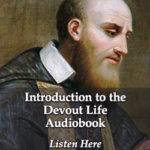
 This serves as an introduction to the life of Saint Teresa of Ávila, also called Saint Teresa of Jesus, baptized as Teresa Sánchez de Cepeda y Ahumada (28 March 1515 – 4 October 1582). In our opening conversation, we discuss 16th century Spain, events taking place in the world and the people associated with Teresa. Dr. Lilles also gives introductions to her various spiritual works and the importance of “The Way of Perfection”.
This serves as an introduction to the life of Saint Teresa of Ávila, also called Saint Teresa of Jesus, baptized as Teresa Sánchez de Cepeda y Ahumada (28 March 1515 – 4 October 1582). In our opening conversation, we discuss 16th century Spain, events taking place in the world and the people associated with Teresa. Dr. Lilles also gives introductions to her various spiritual works and the importance of “The Way of Perfection”.

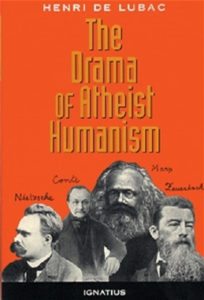 You can find the book
You can find the book 


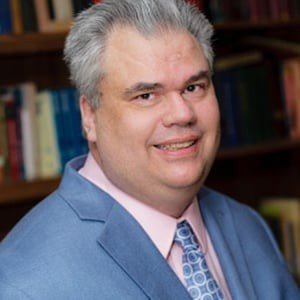
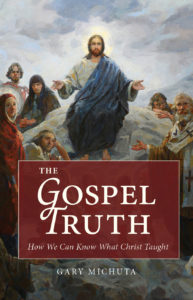


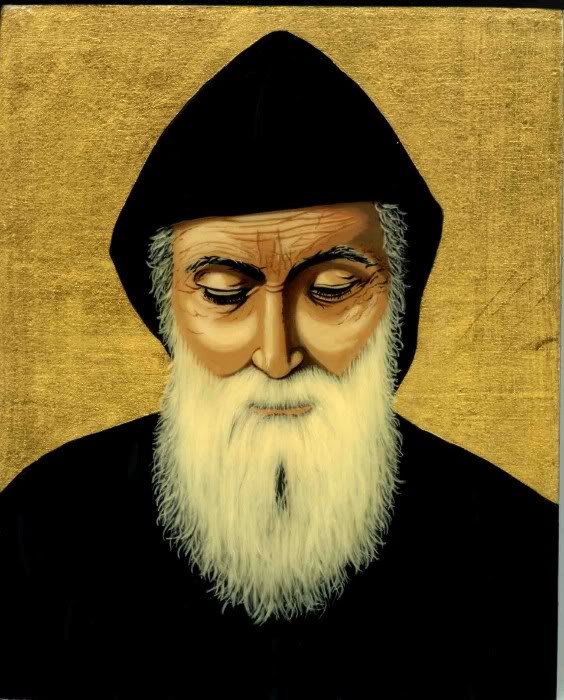

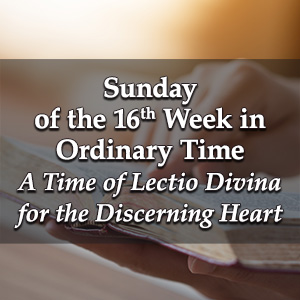 Sunday of the Sixteenth Week in Ordinary Time – A Time of Lectio Divina for the Discerning Heart Podcast
Sunday of the Sixteenth Week in Ordinary Time – A Time of Lectio Divina for the Discerning Heart Podcast